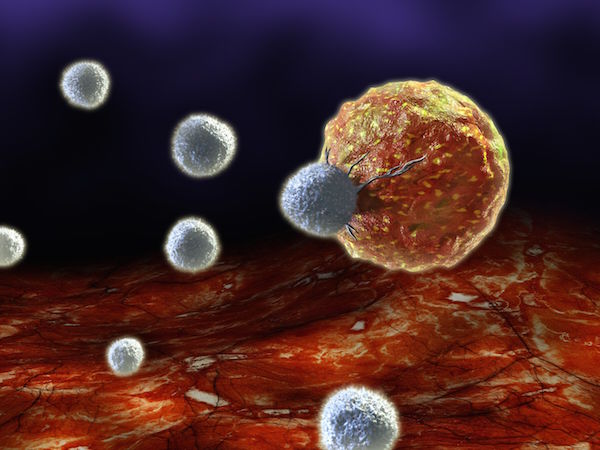
FRIDAY, Dec. 28 (HealthDay News) — People who seek health information on the Internet are more likely to have positive beliefs about cancer prevention, instead of having the fatalistic view that that getting cancer is a matter of luck or fate.
That’s the finding of a survey of nearly 2,500 U.S. adults, aged 40 to 70. Previous studies have shown that television viewing can increase cancer fatalism over time. This study examined the effects of Internet use.
The researchers found that people who frequently use the Internet to find health or medical information were less likely than those who didn’t use the Internet for that purpose to have fatalistic views about cancer.
An especially important finding was that Internet use reduced cancer fatalism among people who were less educated and less knowledgeable about health to a greater extent than among those with more education and health knowledge, according to the authors of the study published in the December issue of the Journal of Communication.
“Reducing cancer fatalism, especially among people with low socioeconomic status, is arguably one of the most important public health goals in the nation,” study co-author Chul-joo Lee, of the University of Illinois at Urbana-Champaign, said in a journal news release.
Lee noted that “the Internet has become a new, very crucial source of health information for the American public these days. These findings have important implications since we showed that the Internet may be a very effective channel of health communication, especially for people with low socioeconomic status.”
More information
The U.S. National Cancer Institute has more about cancer prevention.

